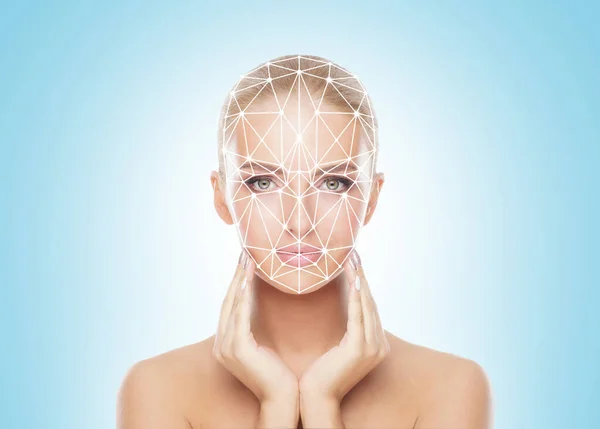Increased human longevity, or the extension of the average healthy human lifespan, has the potential to significantly impact our healthcare system. As people live longer, there could be an increased demand for healthcare services, including preventative care, chronic disease management, and end-of-life care. There may also be a need for new or improved treatments and technologies to address age-related health issues. In order to effectively meet these challenges, it will be important to advance our medical knowledge and for the healthcare system to adapt and evolve.
One key factor that will impact the healthcare system as people live longer is the prevalence of chronic diseases. This applies if we do not adjust our current way of life. Many age-related health issues, such as heart disease, diabetes, and cancer, are chronic conditions that are often caused 7by an unhealthy lifestyle and require ongoing management. As people live longer, the number of individuals living with these conditions is likely to increase, putting pressure on the healthcare system to provide either preventive education or effective treatment and support.
“One key factor is the prevalence of chronic diseases … if we do not
adjust our current way of life.”
To address this challenge, healthcare providers will need to adopt a more proactive, preventative approach to care. This may involve increasing the emphasis on preventative services, such as screenings and immunizations, and promoting healthy lifestyle behaviors, such as healthy personalised nutrition and exercise.
Individual Responsibility
It is important for individuals to assume responsibility for their own health and wellness by making healthy lifestyle choices. This includes engaging in regular physical activity and making informed decisions about their diet and nutrition. Proper nutrition and regular physical activity can help individuals maintain a healthy weight, improve their overall health and well-being, and reduce their risk of developing chronic conditions.
Creating their own support systems can also help individuals mitigate the impact of increased long-term care and support services as they age. This may involve building a network of friends and family members who can provide emotional and practical support, as well as seeking out community resources, such as senior centers and support groups.
In addition to addressing the challenges posed by chronic diseases, the healthcare system will also need to adapt to changes in the way care is delivered. For example, as people live longer, there may be a greater need for long-term care and support services, such as home care and assisted living. This could require the development of new models of care that are better suited to the needs of older individuals and an aging society in general.
Technology
Technology is also likely to play a significant role in the healthcare system as people live longer. For example, telemedicine and other remote care technologies may enable individuals to receive care from the comfort of their own homes, reducing the need for in-person visits to healthcare facilities. Additionally, advances in genomics and other fields may lead to the development of new treatments and therapies that are more personalized and effective for older individuals.
Summary
Overall, the impact on healthcare of human longevity will be significant. It will be important for healthcare providers, policy makers, and individuals to work together to adapt and evolve in order to effectively meet the challenges and opportunities that come with an aging population. By taking responsibility for their own health and wellness and creating their own support systems, individuals can help to mitigate the impact of increased long-term care and support services and improve their overall quality of life as they age.
Helpful Resources:
(Adapted from OpenAI conversation)







2 comments
Comments are closed.